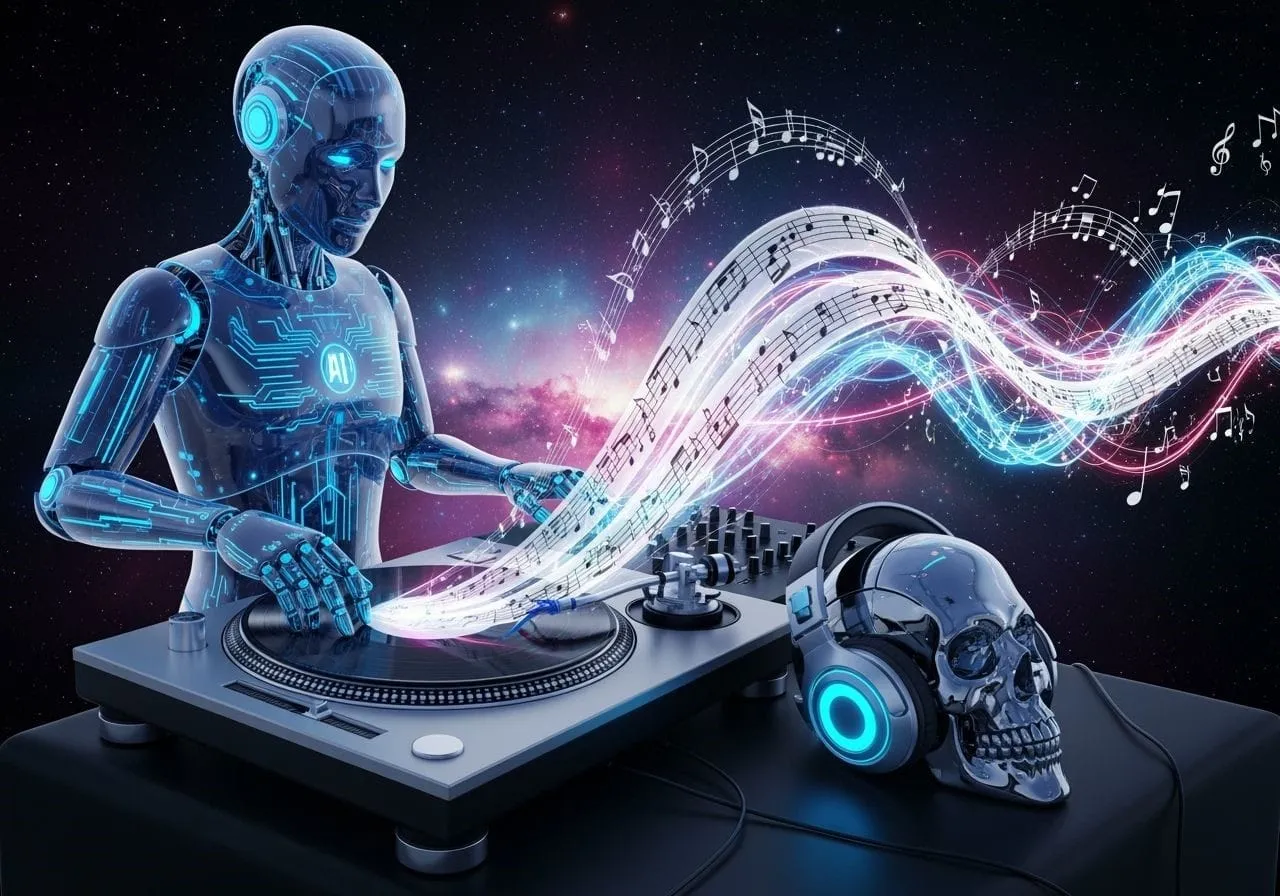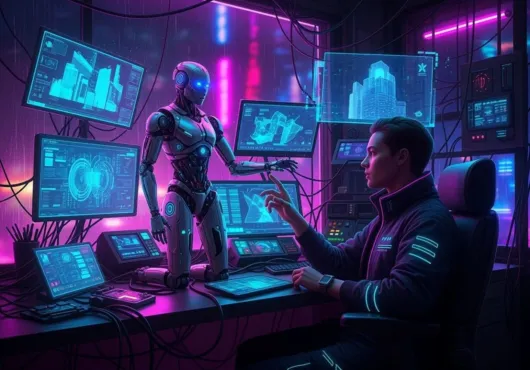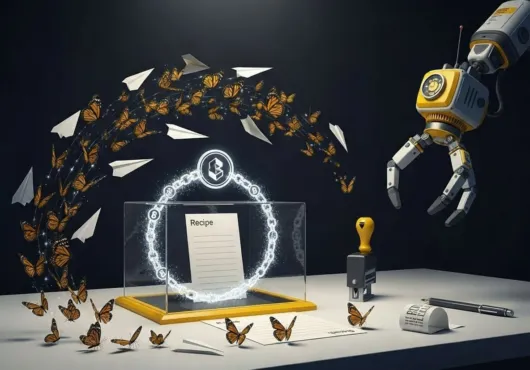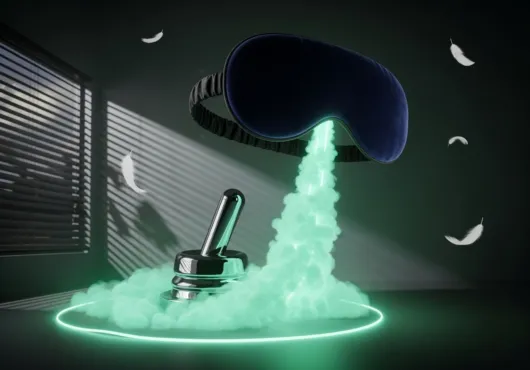We’re not just remixing the music industry—AI is rewriting it.
What started as quirky TikTok experiments and novelty mashups has morphed into a machine-led movement. Whole albums now emerge from algorithms. Vocals are cloned. Beats are built by models trained on our musical past. AI is no longer the assistant—it’s the whole damn band.
Before we start calling these systems “artists,” let’s look at what they’re really doing—and why it matters.
From Beat-Maker to Ghost Composer
Tools like Suno, Aiva, and MusicLM can now generate instrumentals, write lyrics, and sing across any genre. They can absorb a lifetime of music in minutes—and echo it back in seconds, sometimes better than the real thing. Whether you want a lo-fi jazz beat or a country track with pop production, these systems deliver in seconds.
For indie artists and hobbyists, that can be empowering. You no longer need expensive gear or a full band to produce polished audio. But for working musicians? It raises a haunting question: What happens when you’re competing with infinite versions of yourself, made faster and cheaper by a machine?
The End of Signature Sound?
AI tends to average out style. It doesn’t invent new genres or push boundaries—it mimics what already works. This leads to a world of playlists that all blend together. The algorithm optimizes for attention, not innovation.
Even worse, music created for machines (to perform well on recommendation engines) starts shaping what humans listen to. Creativity gets smoothed out into whatever fits a trending template. It’s not just a Spotify rabbit hole—it’s an auto-tuned assembly line.
Who Gets Paid?
There’s also a licensing landmine. Most of these AI music tools are trained on existing songs, sometimes with or without consent. That raises uncomfortable questions about ownership. If an AI makes a song that sounds like your work, can you sue? If a viral hit was generated by someone who never touched a mic, who gets credit?
Copyright laws are playing catch-up while the tech leaps ahead. Artists may soon need to defend their sound like a trademark, and the next legal battleground could be style theft, not just song theft.
Creative Tool or Cultural Parasite?
Some musicians embrace AI as a co-creator. They use it to brainstorm, remix, or produce faster. Others see it as a parasite that feeds on human originality to spit back synthetic art with no soul.
Maybe it’s both. Like autotune before it, AI in music might become just another tool—normalized, even expected. But we should be asking: What happens to culture when sound becomes frictionless? What happens to struggle, voice, risk, and style?
Final Track: This Is Bigger Than Music
AI isn’t coming for your headphones—it’s already inside them. The question isn’t if AI will make music. It already does. The question is: what kind of music do we want to hear?
Because while the algorithm might write a perfect beat, only humans can write a song that hurts just right.



